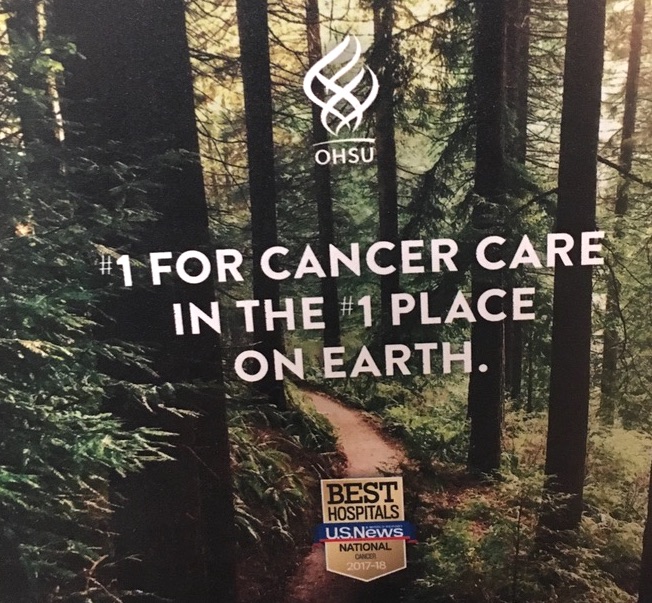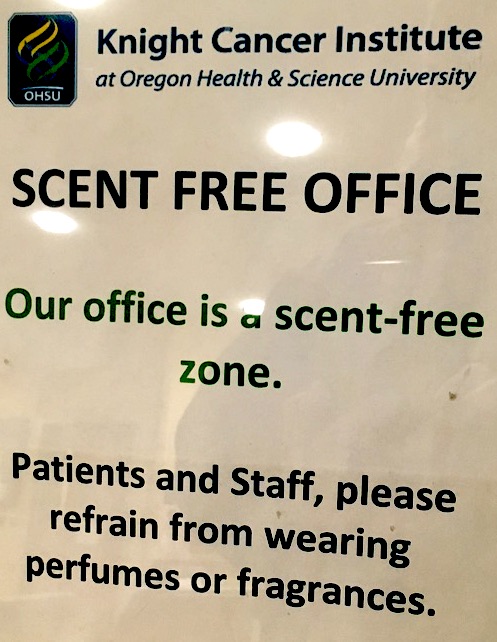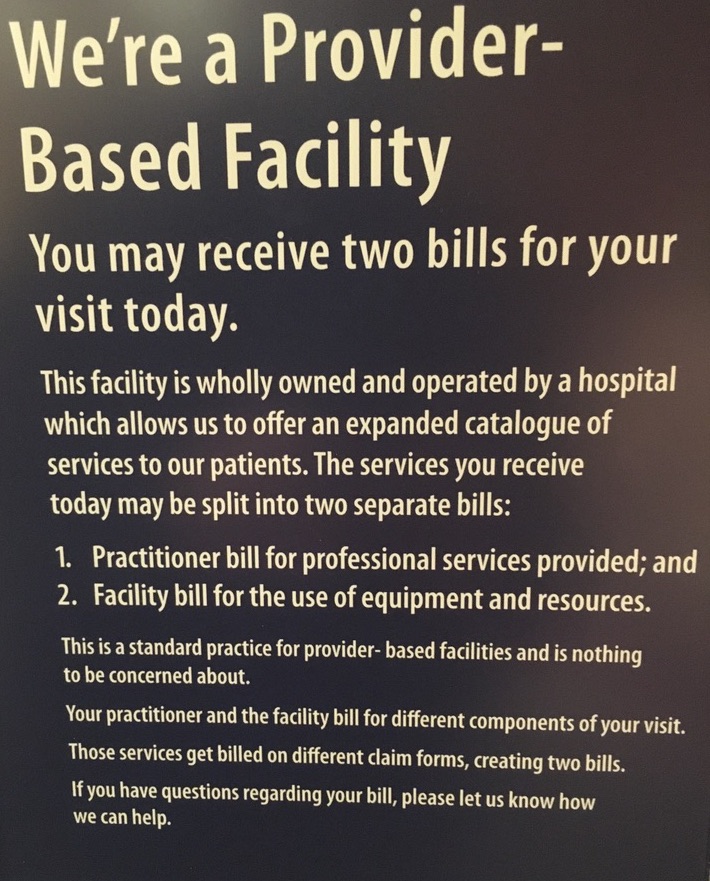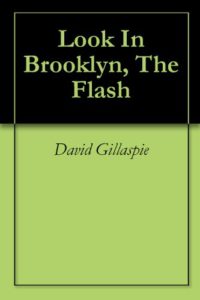One writer works a story out their way, another writer does it their way.
Which one gets to the next step in their process; which one starts over again and again?
That’s the question that drives the industry of doubt, where one writer looks for the best solution to questions they haven’t asked.
And that question is, was, and always will be: Am I doing this right?
But, that’s not the writer’s question.
The writer’s question is: Can this be a story? Can I write it? How does it end?
They usually find the answers after they’re done.
What if they start out with a romantic comedy that’s neither romantic, or funny? They wrote a drama.
What if they wrote a poem, but didn’t turn out the way they wanted, so they write is as a short story. But that doesn’t work, either. From poem, through short story, they move on to a novel.
One writer uses the forms available. The other writer is James Joyce.
Beginning, Middle, End
A story doesn’t always start at the beginning, but the writer always does. It’s like searching for something lost: start looking in the last place you’d expect to find it.
“Never expected to find it here,” is the common refrain.
Like a story told in flashback, it does’t go where unexpected, but it goes and goes.
The writer’s job is pushing the story, making it readable, and making it worth the time. From first draft to last, make a page turnable.
Here’s an exercise as an example: Start with an inciting incident.
Say the incident is a cancer diagnosis that goes as expected from start to finish with results called a ‘Full Response’ to treatment.
That’s the beginning, a quick flash of dread followed by renewed love for life and everything about it.
The main character carries on in the middle, adapting to changes brought by the new normal, but nothing much has changed.
They feel guilty, survivors guilt, and start looking for ways to understand why they feel they way they do.
Their online search takes them to twitter and cancer related tweets. It’s either twitter cancer, or cancer twitter. They start understanding the lifeline twitter gives to people trying to process where they are in treatment, in disease, in life.
One day they drive someone to a cancer appointment in a part of town they haven’t much thought of since moving out.
It’s the part of town the main character met their partner and proposed, the part of town where they lived after they got married.
It all comes rushing back on the walk from the parking garage to the infusion clinic.
That’s the end of the middle.
Beginning Of The End With One Writer
The rider goes to their appointment while the driver waits in the check-in room with others there for chemo infusion.
They stand in the back of the room, knowing what everyone was feeling from their prior cancer experience. Knowing nothing.
‘Once you’ve been to the cancer front where the war fighters gather, it’s hard to return.
Like every war, the front changes. What doesn’t change is the whistle, the bell, the bugle call to go over the top and into the grinder, whether it be chemo or radiation.
The people in the room were going over the top and into the hot seat the driver once occupied. He watched them wait it out in the waiting room, and waiting some more.
Every cancer waiting room warps time, from the young, educated, staff, to the weary aged patients, and everyone in between. No one comes out younger and refreshed, but relieved it’s over, some for the day, some for a lifetime.
The main character, the driver, did his duty; he waited. He’s waiting when an old unkempt man with a gray ponytail sticking straight out from the back of his head checked in.
He waited in front of the wall of windows in front of three work stations all fully staffed with people sitting at desks with supervisors standing behind them. No one seemed to see him as he stood in front of them.
Or they knew him from previous visits and knew what to expect. They responded to his impatience with news that he didn’t have an appointment.
Before the old guy left, the driver talked to him.
Driver: Excuse me, can I ask you a question?
OG: What?
Driver: What’s the hardest part about coming in here?
OG: What?
Drive: Do you eve wonder if it’s worth it?
OG: I come in to get my port flushed. I’ve been done for three months. Worth it? What do you think? Not so much today, but I’ll be back.
He gathered his coat and bags and left through the automatic double doors. Before they closed, a big man, a big, big, man on a battery powered wheel chair cruised in fast.
Four hundred pounds of angry man whipped in, social distanced, checked in, and found a place against a wall.
Driver: As one big guy to another, you’ve got a great handle on your rig.
Big Guy: I’ve learned to get around just fine, if that’s what you mean.
Driver: That’s the key, learning how to get around. You’ve done it.
BG: Until Biden forces us all to wear three layered masks.
Driver: I like your mask. American flag is always the right choice. I had a flag shirt once.
BG: Some people think it’s patriotic. It’s just a mask, until Biden makes me get another one. I’m just trying to breath.
Driver: What’s it look like on the inside?
BG: Different colored fabric.
Driver: Two layers is looking good.
BG: I hope this chemo is looking as good. If it doesn’t work I’m moving to Ireland and drinking whiskey for chemo instead.
Driver: I see a Bushmill’s either way. And James Joyce.
The big man wheeled past the interior door to the serious part of the clinic.
Before it closed, the rider came out ready to leave.
Driver: All done?
Rider: Done. Let’s go.
THE END





